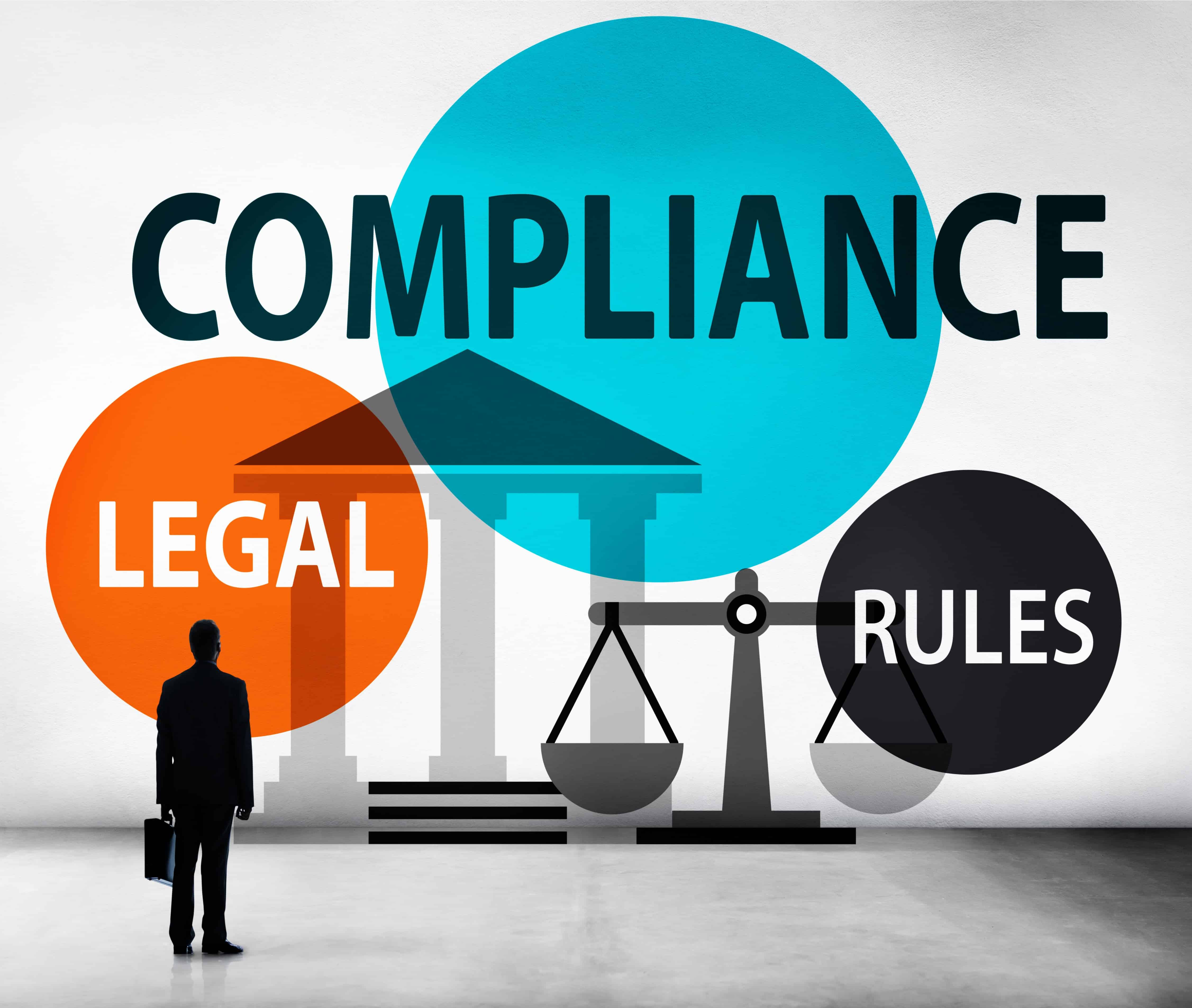Need a ride? Get a Lyft.
Want a meal? Here’s your hub for grub.
Need a bed? Skip the air mattress: Airbnb instead.
Companies providing on-demand products and services have revolutionized the economy. And Uber is at the front of the pack; pushing boundaries in both worker classification and technology. While this new frontier is sometimes undefined, it is still subject to fines and lawsuits—both of which are eating into Uber’s profits.
With its latest settlement of at least $84 million, Uber avoided having to classify drivers, who are currently independent contractors, as employees. The battle may not be over, but in the meantime, all businesses can learn a few things from Uber’s über settlement.
1) Communicate, Communicate, Communicate
Fuzzy terms cause mistrust among employees, independent contractors, and consumers alike. Several disputes with Uber boil down to its lack of transparency. Los Angeles and San Francisco allege the company misled customers. Even Uber’s CEO Travis Kalanick acknowledged a communication failure with its drivers, saying,
“…as Uber has grown—over 450,000 drivers use the app each month here in the U.S.—we haven’t always done a good job working with drivers. For example, we don’t have a policy explaining when and how we bar drivers from using the app, or a process to appeal these decisions. At our size that’s not good enough. It’s time to change.”
2) Invest In Worker Classification
The complaints against Uber point to the fact that any gray area in how a worker is defined can cause trouble. What’s worse is that the rules for setting up an independent contractor aren’t always easy to interpret. In fact, we have a whole worker classification series on our BlogReel to help you understand the law and avoid costly fines.
In addition to setting up independent contractors correctly, having an airtight system in place for consistently payrolling all of those contractors also protects against future headaches. Confusion over worker classification and inconsistent payment practices can lead to fines, lawsuits, and unhappy workers or customers—all of which are damaging to business. Any way you slice it, making sure you get it right up front is worth the investment.
Need help getting worker classification right? Well, you’ve come to the right place, because we’ve been doing just that for three decades. Contact us today and avoid the fines and lawsuits.
About PayReel:
PayReel’s clients, who are some of the biggest companies in the world, are constantly immersed in the chaos of producing multimedia content or executing live events. PayReel makes sure they have the right contractors at the right time in the right place, and that everyone gets paid properly. And, most importantly, they handle every last detail—down to worker classification—perfectly while making sure their clients think nothing of it, so they can get back to doing what they do best.


